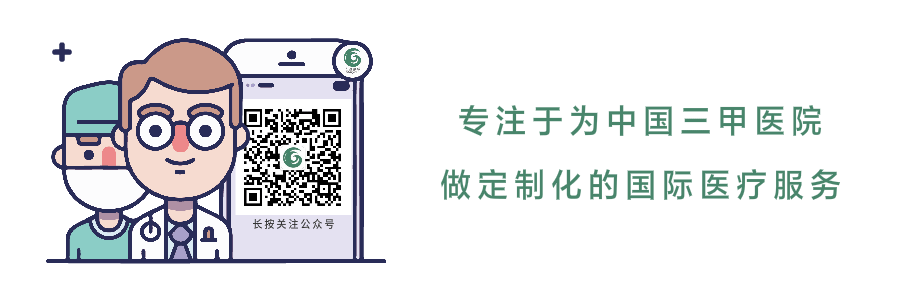-
动态

可以成为明日之星的青年医生被行业称为优秀医生。这类医生在中国医院是稀缺资源。但是一个在中山大学附属第一医院的普通医生都敢把自已弄得高高在上不可一世的样子。只是你工作的这家医院经过百年沉淀才变得如此有名,这家医院根本与你无关。无论你在多顶级的医院上班,你只是个普通人。即使你已经成为了优秀医生,这也只是暂时的。后面优秀的明日之星会如潮水般汹涌而至。中国顶级医院的大佬被行业称为顶级医生。其实你在全球真正具有国际影响力了吗?但是这些行业大佬总以为自已是技术大牛,一副高高在上天下第一的样子。我们中国有387万医生。为什么很难产生世界上伟大的医生呢?他们宁可在体制内终生混日子向上社交,也不愿去花时间真正去改变自已。重庆市第七人民医院关节科科主任胡小军医生今年5月30日从重庆飞北京再转飞柏林。他辞去了体制内的公职,以44岁的年龄来到了柏林。他来到柏林夏洛特大学综合医院肌肉骨骼外科中心攻读临床医学MD博士学位。这是全德国乃至全欧洲排名第一的大学综合医院。这两年时间他没有了工作,他也没有了收入。他的女儿才读小学,这两年在柏林的学习他将忍受无穷的困苦无助和孤寂,但他还是毅然决然来到了柏林。从胡小军主任离开重庆到柏林的那天起,他已经是一个真正有本事的医生了。其实真正有本事的医生,都是被逼出来的。他们都是置之死地而后生。一个人没有经历过绝境,没有经历过万念俱灰,没有体验过绝望。他们很难成为一个真正有本事的人。那些现在所谓的明日之星或行业大佬你们真正的本事又在哪里?会看个门诊,会做个手术?是医生都会呀,谁不会呀,你们的独立思考独立判断认知水平国际视野危机管理又在哪里?你们还想醉生梦死得过且过不求上进,未来90后00后的病人谁信你们呀?
Young doctors who are regarded as the rising stars are named as top doctors. Such doctors are a scarce resource in Chinese hospitals. However, an ordinary doctor working at the First Affiliated Hospital of Sun Yat-sen University, who is not even close to excellent, dares to be insufferably arrogant. The hospital he works at has gained its reputation through a century of development, which has nothing to do with him at all. No matter how prestigious the hospital he works in, he is just an ordinary man. And it will be a flash in the pan even if he has become an excellent doctor, There will always be younger top doctors. The top figures in China's leading hospitals are known as top doctors, but do they truly have favorable international reputation? And these top doctors often act as if they are superior than others. There are 3.87 million doctors in China, but why is it so hard to find a world-renowned excellent doctor? These doctors would rather live an idle life within the system, wasting time socializing with their superiors, than taking the time to actually improve themselves. On May 30th this year, Dr. Hu Xiaojun, former director of the Joint Department at Chongqing Seventh People's Hospital, flew from Chongqing to Berlin, transferring in Beijing. At the age of 44, he resigned from his steady and well-paid position and came to Berlin. He came to the Musculoskeletal Surgery Center at Charité – Universitätsmedizin Berlin to pursue further education on MD degree. And Charité is one of the three best hospitals in Germany and even in Europe. In the upcoming two years, he has no job and no income, also with his daughter just started elementary school. Despite knowing that he will endure endless hardship, helplessness, and loneliness during his two-year study, he still fearlessly came to Berlin. From the day Dr. Hu Xiaojun left Chongqing for Berlin, he was already a doctor with real vision. In fact, doctors are often pushed to their limits to be excellent. They are all faced with a life-or-death situation before achieving success. Without experiencing adversity, hopelessness, and despair, it is difficult for a doctor to truly become excellent. What are the real capabilities of those so-called rising stars or top doctors now? Outpatient consultation? Good surgeries? These are just basic skills for any doctor. Where are their abilities for independent thinking and judgment, crisis management, and international perspective? How can the future post-90s and post-2000s patients trust them if they keep getting by and not striving for advancement?
